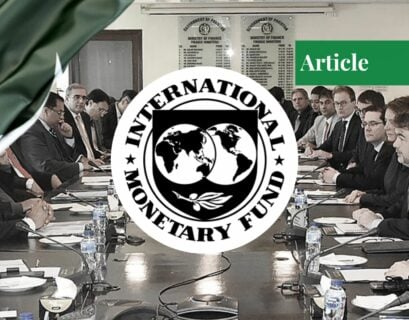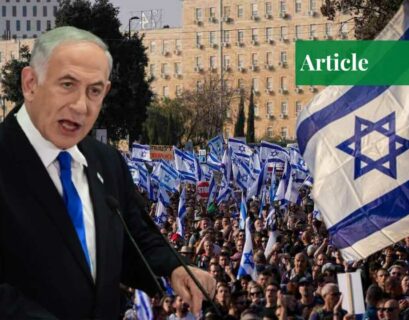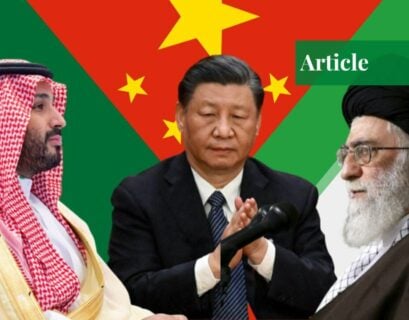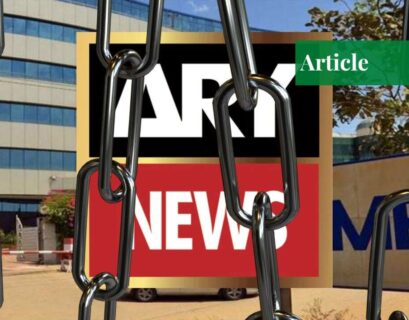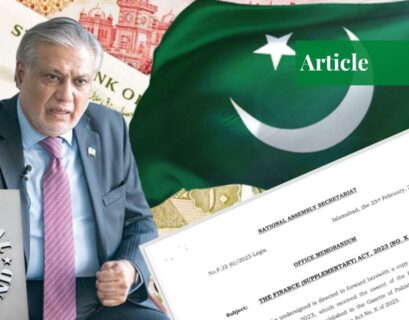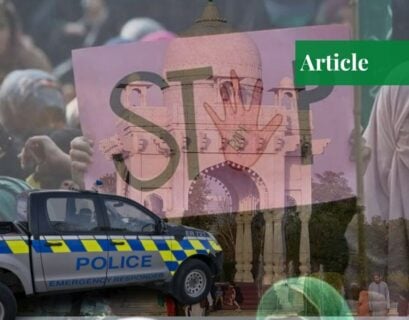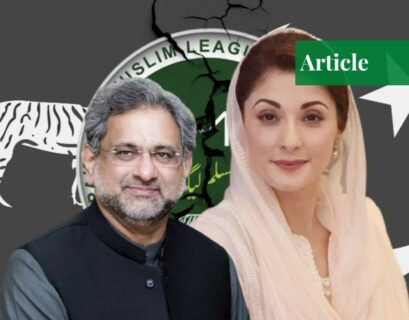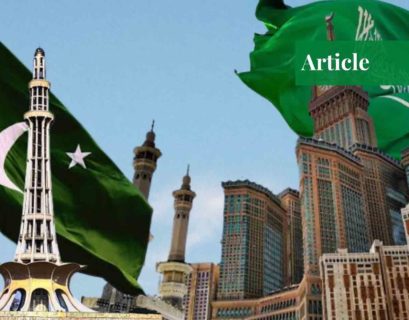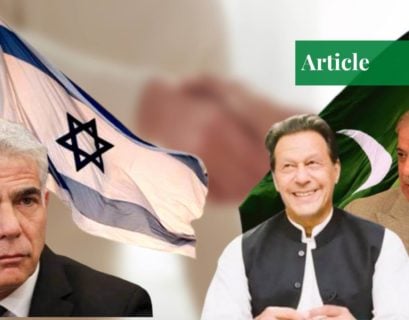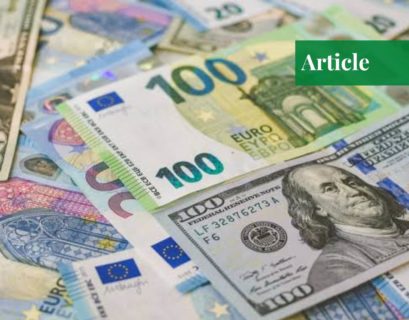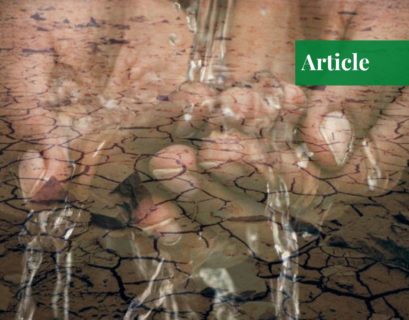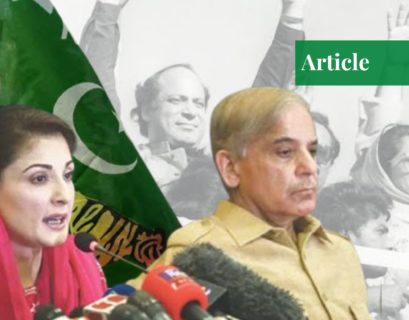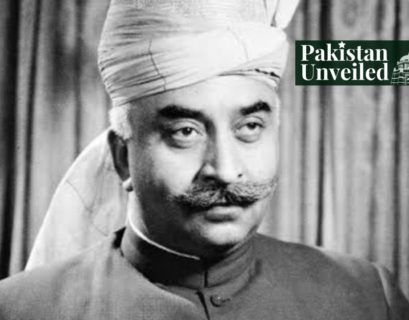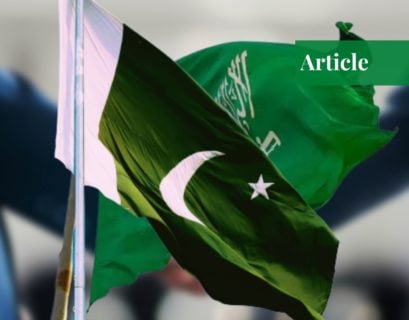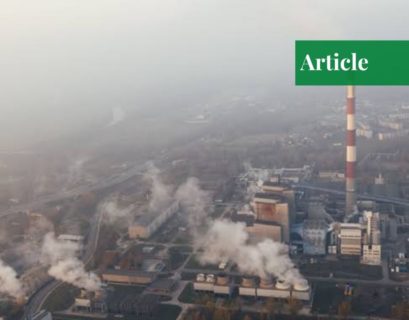Much Ado About Elections
Multiple events unfolded following the 2024 general elections, but one that took centre stage was the Rawalpindi Commissioner’s declaration of his involvement in the rigging.
While much of the commotion eventually died down, not many know how this event wrapped up. Like many Shakespearean plays, it’s tragic.
Honestly, it’s disappointing to see our representatives sully the sanctity of our country’s institutions.
The IMF-Pakistan Deal: Unpacking Economic Realities
Afifa Iqbal highlights the economic challenges facing ordinary Pakistanis amidst the country’s recent IMF deal. Pakistan’s economy is in crisis, with soaring inflation rates and hardships for its citizens. The priorities of the political leadership have only made matters worse. The IMF’s conditions for the deal include fiscal austerity measures that prioritize debt servicing over public and development spending, leading to potential hardships for the people. Additionally, the policy targeting disinflation could result in increased borrowing expenses and unemployment.
Israel’s Judicial Reforms: What You Need to Know
Benjamin Netanyahu’s re-election as Israel’s Prime Minister for the sixth time was followed by proposed judicial reforms that have sparked widespread protests across the country.
The concerns revolve around the independence and integrity of the Israeli judiciary being curtailed.
The controversy surrounding the reforms highlights the tensions between different visions of democracy in Israel, and the challenges of balancing competing interests in a polarized political climate.
Restored Saudi-Iran Relations and the Role of China
Following a seven-year period of severed ties, the Kingdom of Saudi Arabia and the Islamic Republic of Iran have recently agreed to resume diplomatic relations, with the assistance of China.
Both countries have expressed their appreciation and gratitude to Iraq, Oman, and China for their positive role in facilitating, hosting, and sponsoring the talks.
To Afifa Iqbal, the restoration of diplomatic ties is a welcome development, but she believes that it is improbable that major disagreements between the two states polarized by religion, geopolitics, and geostrategic interests will be resolved.
PEMRA Suspends ARY News’ License Again
In recent spate of political events, the license of one of the mainstream news broadcasters, ARY News, was cancelled by the Pakistan Electronic Media Regulatory Authority (PEMRA).
PEMRA issued a ban on airing the speeches of the former premier Imran Khan on March 5th, with the warning that any media house found in violation would have its broadcasting license cancelled.
Explainer: Mini-Budget 2023 of Pakistan
The mini-budget 2023 has become infamous for the economic shock waves and the glaring reduction in the purchasing power of the citizens of Pakistan.
In the hopes of securing a $1.1 billion deal with the IMF, the current government hurriedly drafted a “cure-all” mini-budget which received formal assent from the President just last month.
Afifa Iqbal provides a concise description of the mini-budget, so that more citizens, especially the youth, are able to get a clearer understanding.
The F9 Incident
Pakistan’s constant ranking as the worst or second worst in the Global Gender Gap Report should have been the clarion call for urgent action.
However, the recent incident in which two men gang-raped a woman in one of the most prominent and supposedly safe parks in the country tells a somber story of criminal negligence and inaction.
PML-N’s Future: Abbasi’s Resignation and Maryam Nawaz’s Elevation
Shahid Khaqan Abbasi’s resignation in the wake of Maryam Nawaz’s appointment as senior VP and chief organiser led to speculations about his continued membership of the party.
Would this resignation and appointment widen the intra-party divisions, leading to prospective defections of senior members of PML-N?
Reorienting the Pakistan-Saudi Arabia Relationship
The asymmetrical relationship between Pakistan and Saudi Arabia has compromised Pakistan’s key strategic interests on various occasions. The volatility of this relationship has been the centre of attention of researchers and diplomats alike. Afifa Iqbal discusses the dissimilarity between Pakistan’s foreign policy objectives and the current state of bilateral ties.
Pakistan’s Israel Conundrum
While there have allegedly been quite a few secret meetings between the state officials of Pakistan and Israel in the past, the recent public visit of the Pakistani delegation to Israel has raised a lot of questions about whether Pakistan will recognize the state. Afifa Iqbal discusses the events that led to this meeting, and how it would be unwise to attempt to normalise ties with Israel without considering Pakistan’s national interests.
The Nexus Between Institutions and Economic Growth
Institutions, specifically good/inclusive ones and those from Europe and North America, have been synonymous with economic growth. Afifa Iqbal proposes to eliminate the dichotomous view of institutions and instead, pay attention to the dynamics between the concerned state and society, the socio-political realities, and the historical entanglements.
Explainer: Foreign Exchange Reserves
The term ‘foreign exchange reserves’ has become a buzzword lately. From talk shows to op-eds, everybody seems to be talking about it, but the concept itself continues to elude the comprehension of people who are not well-versed in economic jargon. Afifa Iqbal sets out the basics around foreign exchange reserves.
The Pressing Water Crisis in Cholistan
An unrelenting drought is threatening to push Cholistan into a permanent water crisis. Afifa Iqbal explains how water mismanagement runs deep in Pakistan. She also provides a viable solution to our water woes.
The Political Situation of Pakistan under the PML-N: 1990s vs the Present
Afifa Iqbal notes that the current political situation in Pakistan is reminiscent of the 1990s, a time when the people suffered while the political elite struggled for power. During the government of PML-N in the ’90s, corruption was rampant in Pakistan, and once again, the country’s economy is suffering at the expense of the desires of the PML-N-led PDM government. The author argues that despite the PDM’s claims of democracy, Prime Minister Shehbaz Sharif has not gone down the democratic route.
Malik Amir Mohammad Khan, the Nawab of Kalabagh
The author, Afifa Iqbal, explores the personality of Malik Amir Mohammad Khan, the Nawab of Kalabagh, through Foucault’s power-knowledge (le savoir-pouvoir) concept.
The Changing Dynamics of Pakistan-Saudi Arabia Relations
Pakistan and Saudi Arabia have a history of strong diplomatic relations. In the past, both states have supported each other on the diplomatic front. Pakistan has endorsed Saudi Arabia’s stance on Syria whereas, the kingdom has called for the settlement of the Kashmir dispute and provided financial aid to Pakistan. The author, Afifa Iqbal, notes that the Pakistan-Saudi Arabia “ideological union” is a thing of the past, owing to the changing ideological configuration of the two states. Now, the interests and policies of both states no longer align on every matter.
The Alarming Findings of the 2021 World Air Quality Report
The Air Quality Guidelines issued by WHO for the year 2021 were not met by a single country, revealing the dire state of affairs. It is no secret that air pollution poses an existential threat to the human race, yet the efforts being made to deal with this issue are constantly falling short. IQAir’s 2021 World Air Quality Report puts Bangladesh, Chad, and Pakistan as the three most polluted countries in the world.

